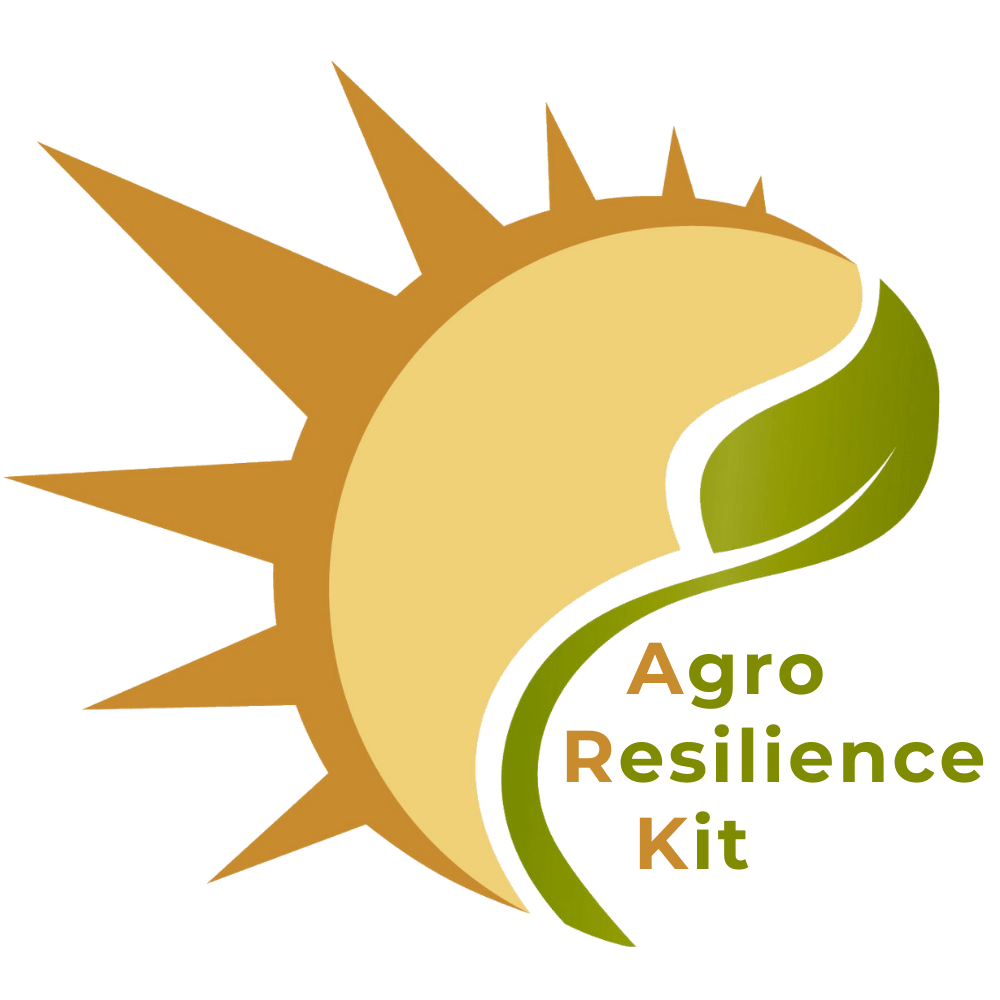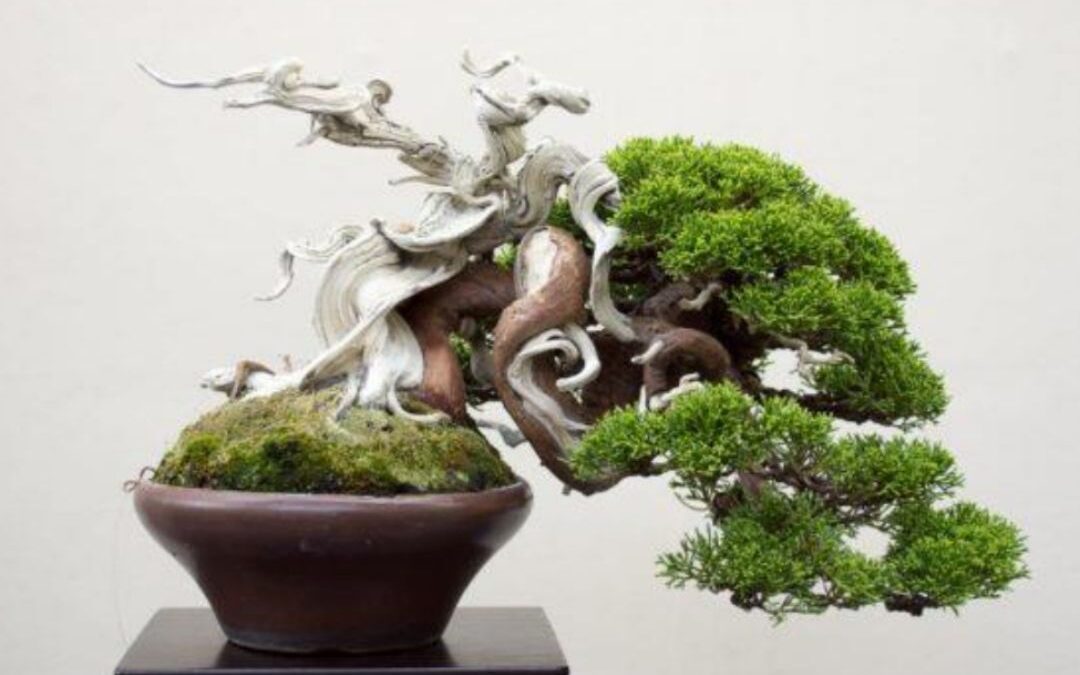At Agro Resilience Kit (ARK), based in Calgary, Alberta, we often reflect on the Japanese art of bonsai as a guiding metaphor for our relationship with nature. Bonsai demonstrates that while we may shape certain aspects of the natural world, ultimate control always belongs to nature itself. This delicate balance is at the heart of today’s energy, environment, and economic challenges.
One remarkable bonsai, Sandai-Shogun-No Matsu, a 500-year-old five-needle pine in the Tokyo Imperial Palace collection, exemplifies the lasting impact of careful stewardship — a principle we aim to apply to our own work.
The Cumulative Power of Human Actions
Throughout history, humanity has demonstrated how the cumulative effect of our actions can reshape the planet. Our patterns of energy consumption have driven both economic progress and environmental stress.
For example, Europe’s reliance on wood led to massive deforestation by the mid-1800s, forcing a transition to coal. Since Roman times, the availability of local energy sources has determined which communities flourished. The interdependence of human systems and nature is undeniable.
Yet as we continue to push the planet’s limits, we risk creating cornered systems that lack resilience. After decades in the oil and gas industry, I launched an energy conservation company in 2006 to help address these challenges.
James Kunstler observes: “The energy bonanza of the past 200 years produced a matrix of complex systems… all have reached their limits to growth.” Today, financial systems and others show increasing fragility, while global living standards decline despite technological advances.
Understanding Our Connection to Nature
Nature provides our food, water, and energy through intricate, interconnected systems. Yet it is easy to forget this dependence. As Chris Martenson notes, “A fish cannot grasp the concept of water.”
Peter Senge reminds us that human enterprise is inseparable from nature. Our future depends on evolving communities that support ecosystem resilience — the ability to absorb disturbances without shifting into an undesirable state.
Resilience ensures that systems continue to provide essential goods and services. Recognizing this, we must move away from the outdated view of conquering nature. Like bonsai artists, we should read nature’s signs and work with, not against, her wisdom.
Despite our scientific advances, we still understand little about the Earth’s complexities. Attempting to dominate nature often leads to unintended consequences.
Facing the Challenges Honestly
“Not everything that is faced can be changed, but nothing can be changed until it is faced.” — James Baldwin
Among energy and environmental experts, there is frustration that not enough people grasp the urgency of our situation. Many remain apathetic, even as economic impacts from these issues grow.
While we all agree the planet’s resources are finite, debates over boundaries and solutions often paralyze action. Discussions about data, technology, and policy can obscure the need for immediate, meaningful steps.
An article in National Geographic suggested that only deep, trusted relationships might overcome widespread denial — but such relationships are difficult to scale. Chris Martenson argues that large-scale proactive planning may be unlikely, and that change will be driven by painful circumstances.
Still, progress is happening. Humanity treats the planet less destructively than in the past, though new technologies sometimes create unforeseen problems when used to override natural systems.
Positive Efforts and Lingering Questions
Encouragingly, movements toward greater energy efficiency and environmental stewardship are growing. Buildings meeting LEED and Living Building Challenge standards are becoming more common — positive examples of influencing our corner of the world.
However, debates continue about what is truly sustainable. We must address questions about the availability of rare earth minerals, cobalt, lithium, and other resources essential to renewable technologies.
Unfortunately, many individuals use small personal actions as an excuse to disengage: “I recycle, I ride my bike, I vote — I influence so little.” This attitude is dangerous. A common reaction is to deny challenges in order to maintain one’s lifestyle.
Yet real change has always come from small, committed groups. Like bonsai masters, they understand what must change and act with care and intention.
A Time of Great Change — and Opportunity
We face a period of transformation as significant as the Industrial Revolution. Some will fail to adapt, while others will succeed by understanding the real problems and crafting intelligent responses.
Peak fossil fuel energy is likely upon us. Though underreported, the data is clear — and the implications are profound. Waiting for the “good old days” to return is futile.
At ARK, we embrace the bonsai mindset: life involves struggle, but understanding and wise action yield lasting rewards. We focus on meaningful improvements to help clients navigate this transition.
The Meaning of ARK
Our name, Agro Resilience Kit (ARK), reflects our mission. In ancient Hebrew, Ark means “to cover” — to build resilience and protection. The ancient Ark stories remind us of the importance of preserving life’s interconnected web.
Our work — including cogeneration, passive building systems, and integrated greenhouses — aims to promote sustainable, resilient living. Projects like Manitoba Hydro’s energy-efficient head office show what is possible.
History offers cautionary tales, such as the degradation of ancient Mesopotamian ecosystems. The original Ark story, predating Noah’s Ark by over a thousand years, teaches the value of preparation and adaptation.
At ARK, we seek to embody this spirit. Our vision is to support a lush, green civilization that lives harmoniously with nature. We welcome collaboration with those who share this goal.
When we work together to understand the challenges and create a roadmap for success, we all prosper.

